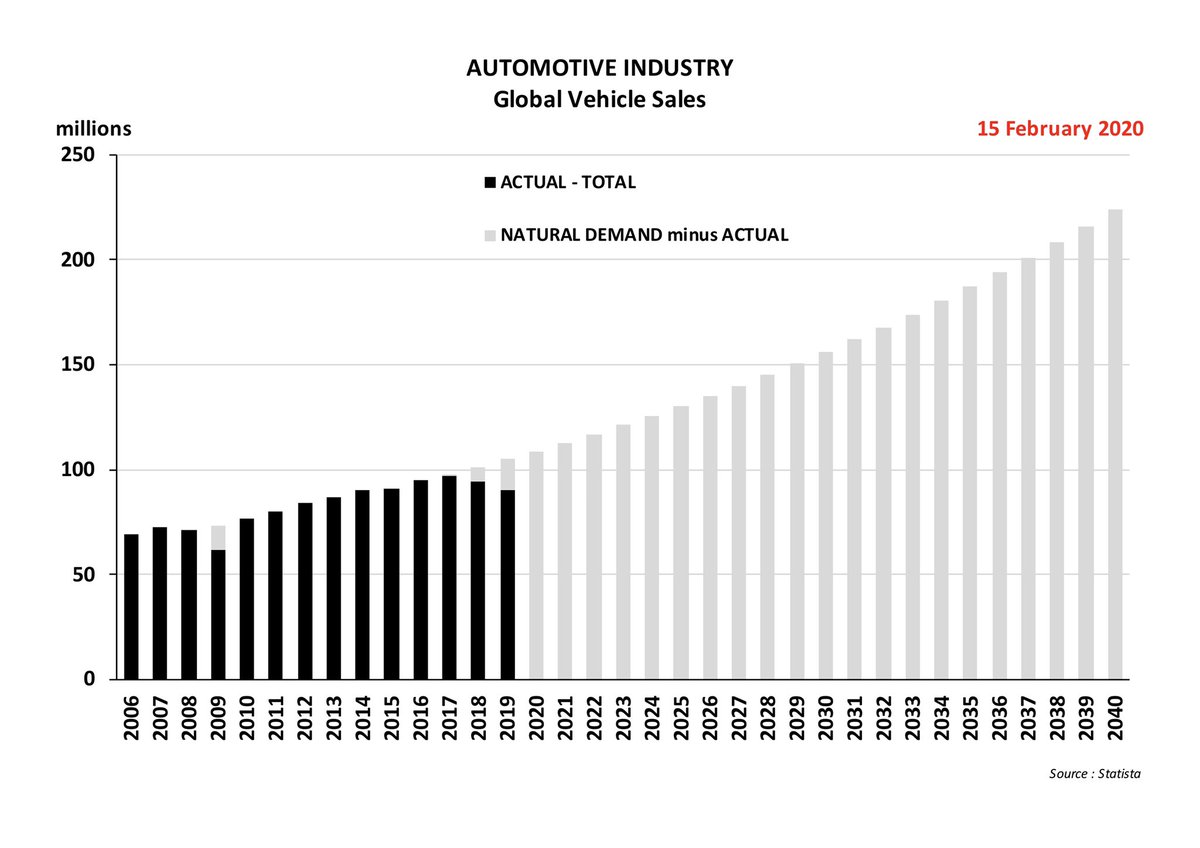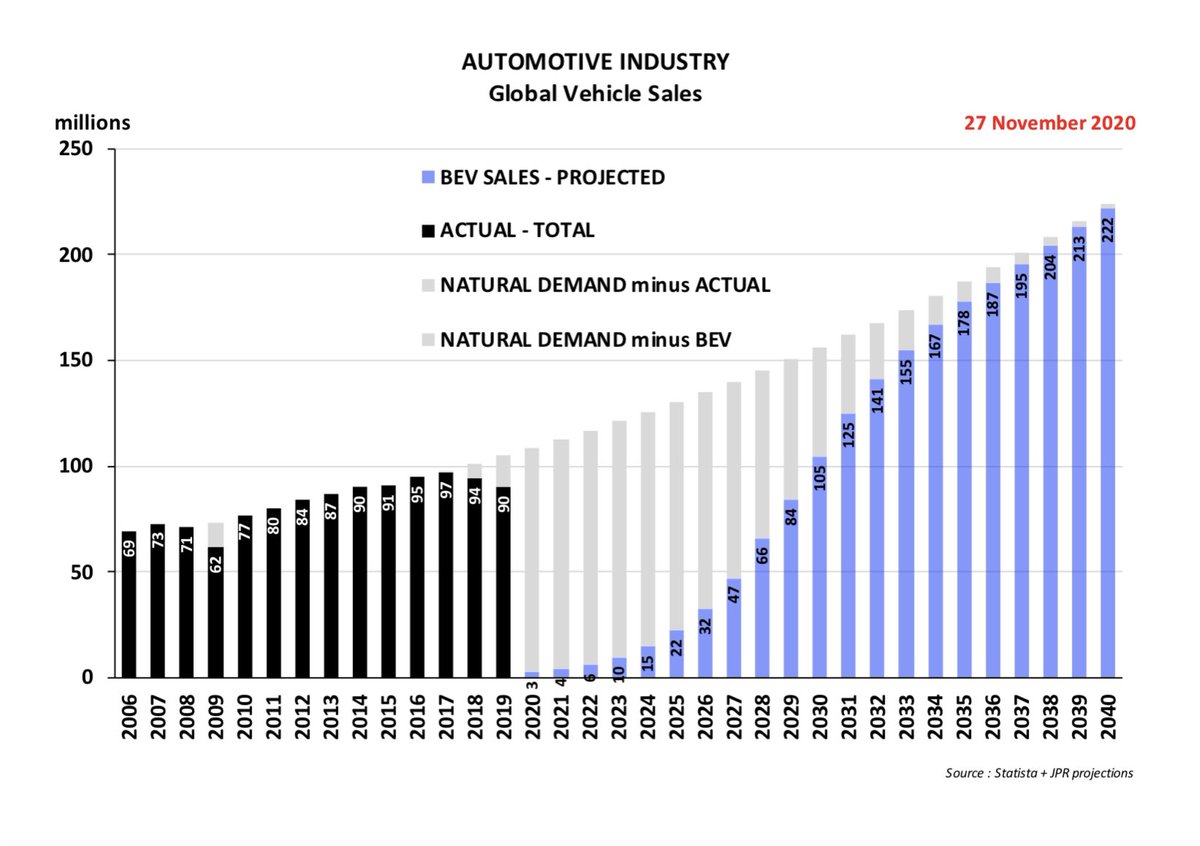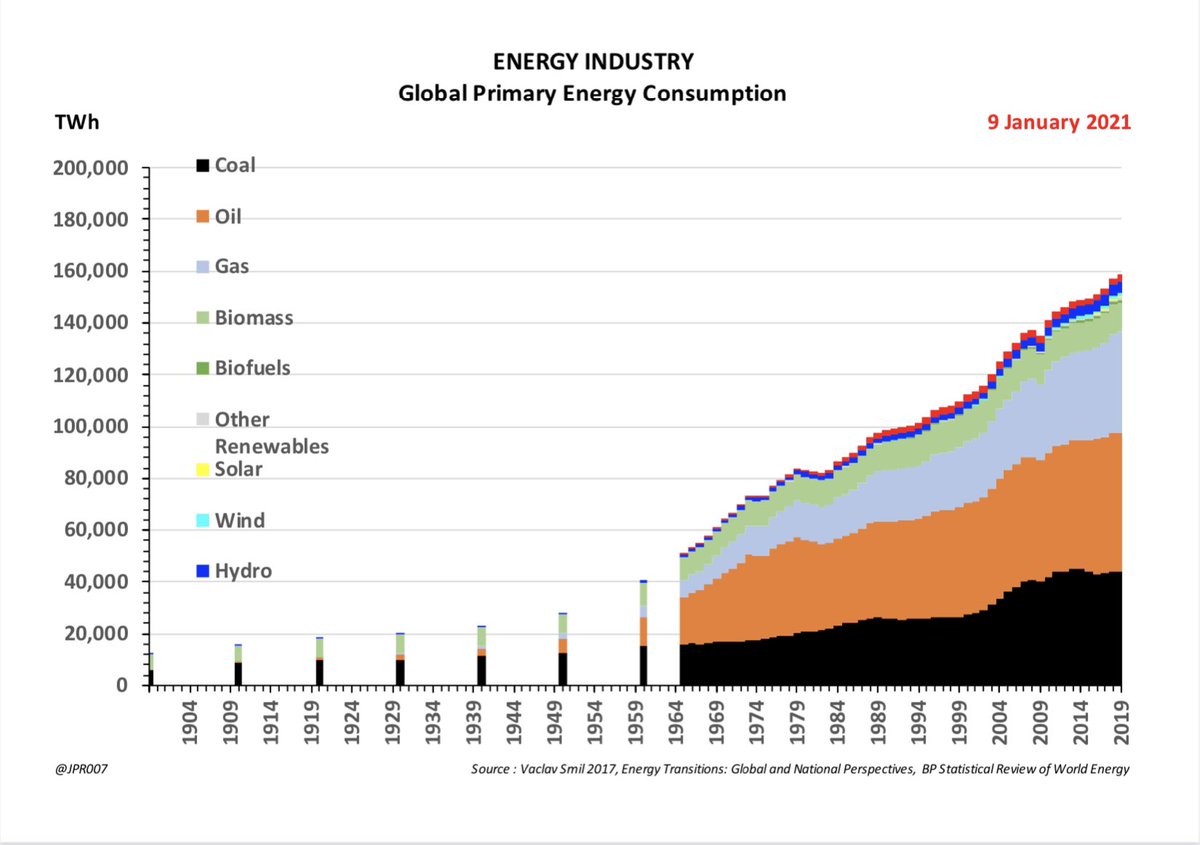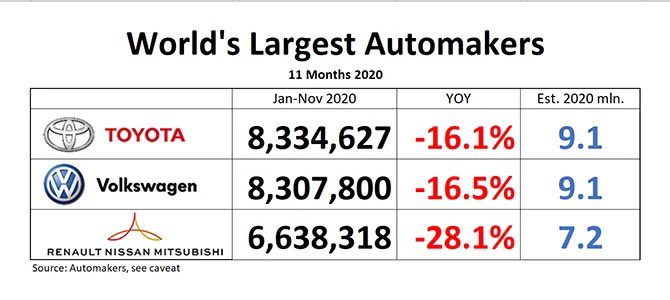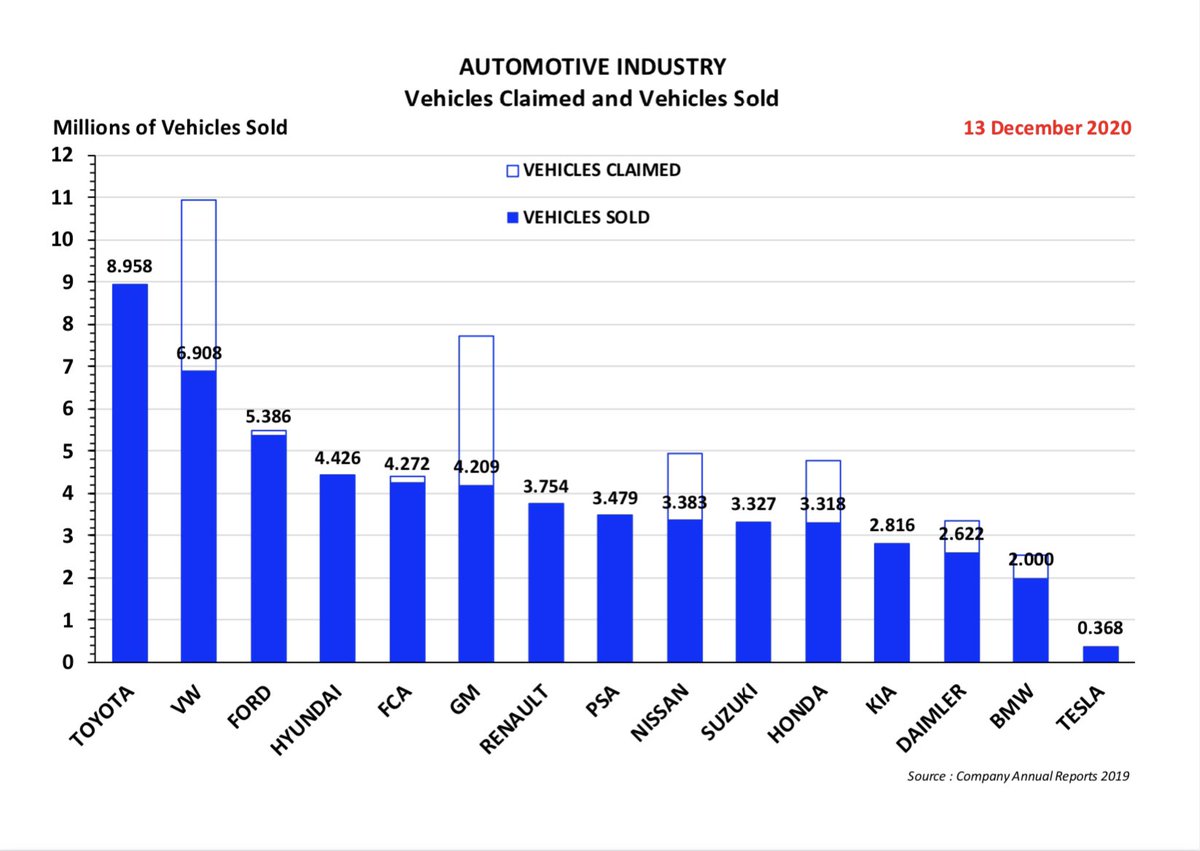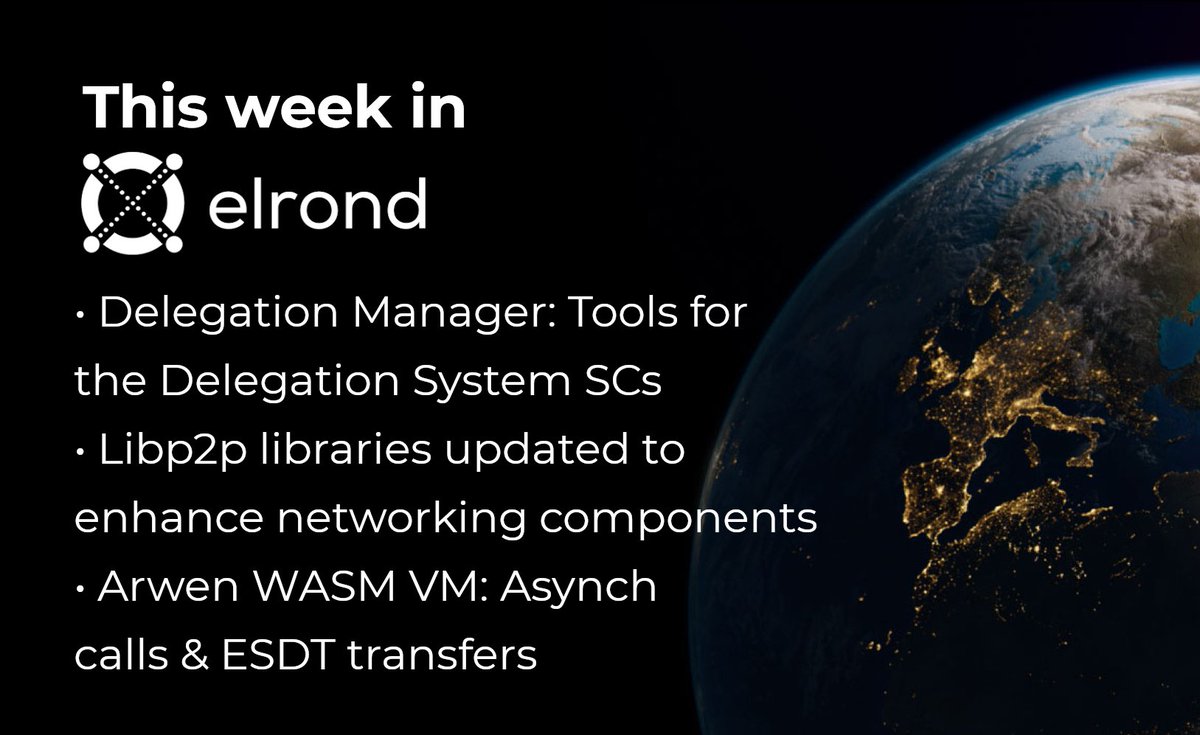There’s also a vast open-plan central London office, easy camaraderie with staff, lots of plants
“Energy needed a digital revolution – and we are it”
Greg Jackson, boss of Octopus Energy, says the sector was ripe for an Amazon or Uber-style disruptor, but that his version will also boost the UK’s green revolution
There’s also a vast open-plan central London office, easy camaraderie with staff, lots of plants
With all these markers of a tech unicorn – a deal last month with Tokyo Gas valued it at $2bn (£1.5bn) – it’s easy to forget that Octopus is an energy company
Jackson, 49, says the distinction is increasingly irrelevant
But Jackson’s vision goes well beyond Britain
And he plans to reach this ambitious milestone within a few years
“We didn’t know about energy, but we could see that the sector had not yet had a digital revolution. From windfarms to household, it ran on systems that were two decades old”
But in a world where cheap and abundant renewable energy is charging millions of batteries in homes and cars, consumers can become active participants in the energy system
It’s one example of a future hi-tech energy system that empowers individuals
“Electricity is becoming a tech sector,” said Jackson.
Already 17 million customers are plugged into Kraken software
Amazon and Uber used technology to trigger a fundamental global shift in sectors which are arguably far more local and personal than energy supply
More from JPR007
More from Business
My top 10 tweets of the year
A thread 👇
https://t.co/xj4js6shhy
https://t.co/b81zoW6u1d
https://t.co/1147it02zs
https://t.co/A7XCU5fC2m
A thread 👇
https://t.co/xj4js6shhy
Entrepreneur\u2019s mind.
— James Clear (@JamesClear) August 22, 2020
Athlete\u2019s body.
Artist\u2019s soul.
https://t.co/b81zoW6u1d
When you choose who to follow on Twitter, you are choosing your future thoughts.
— James Clear (@JamesClear) October 3, 2020
https://t.co/1147it02zs
Working on a problem reduces the fear of it.
— James Clear (@JamesClear) August 30, 2020
It\u2019s hard to fear a problem when you are making progress on it\u2014even if progress is imperfect and slow.
Action relieves anxiety.
https://t.co/A7XCU5fC2m
We often avoid taking action because we think "I need to learn more," but the best way to learn is often by taking action.
— James Clear (@JamesClear) September 23, 2020


